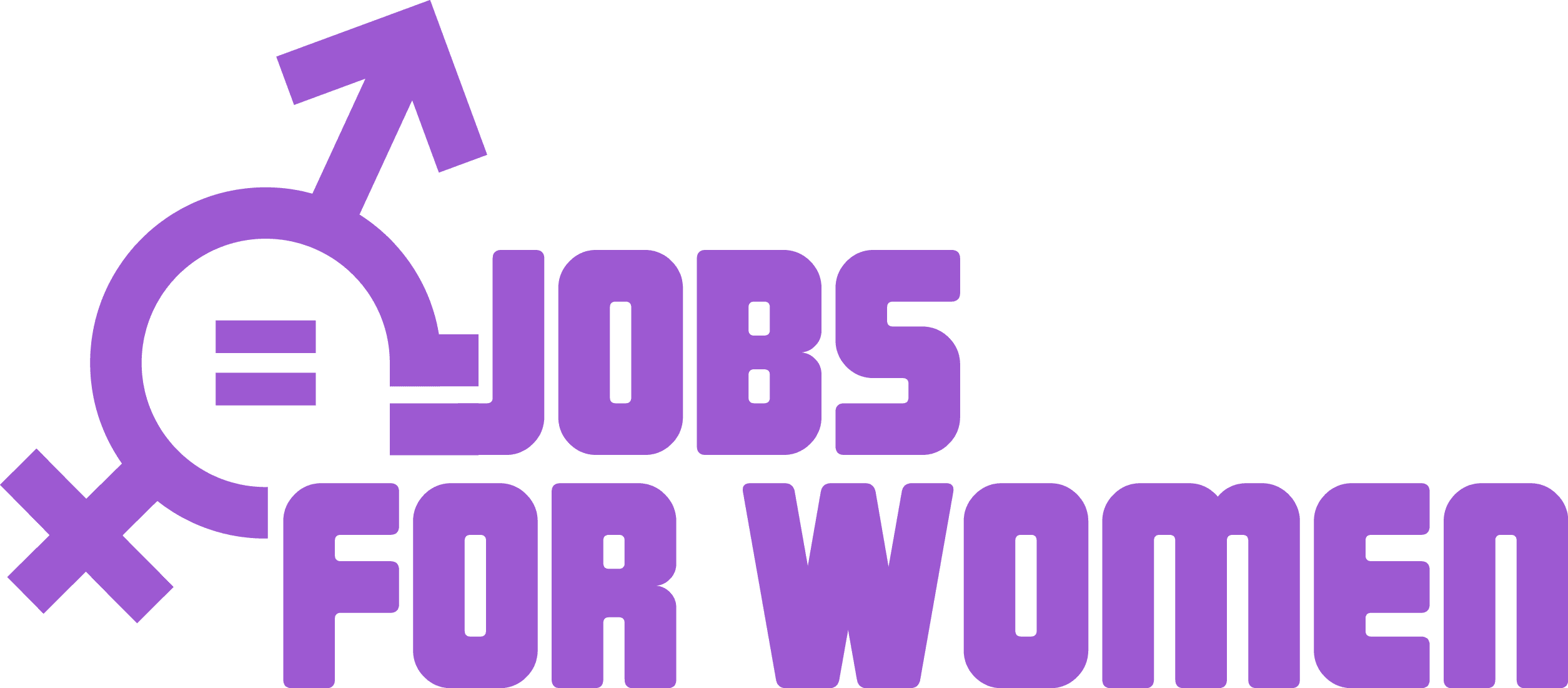
Empowering BLNA in tech
Supporting Women at Work: A Call for Equitable Opportunities
Recent reports, including a compelling study from McKinsey, reveal a concerning trend: even as Black, Latina, and Native American (BLNA) women earn a rising share of tech degrees, their representation in tech roles is actually declining. This discrepancy underlines the urgent need for organizations to evolve in fostering an environment where women, especially from marginalized backgrounds, are actively included and supported.
For years, firms have poured time and resources into improving representation and inclusion. Notwithstanding these efforts, real progress remains elusive. The tech landscape witnessed a significant upsurge in computing degrees awarded to BLNA women, thanks to efforts from initiatives like the Reboot Representation Tech Coalition. Yet, paradoxically, the share of these women in the tech workforce saw a decline.
BLNA in tech
Such trends highlight that even as we celebrate academic achievements, the professional realm remains riddled with barriers for these women. Discrimination based on gender and race compounds the problem. According to the same McKinsey study, around 40% of BLNA women faced workplace prejudice tied to their gender or race. These biases don’t just affect employee morale; they deter talented individuals from continuing in technical roles, thereby depriving the industry of innovation and excellence.
There’s a phrase that goes, “When women thrive, societies benefit.” A diverse and inclusive workplace benefits everyone, creating a culture of innovation, collaboration, and holistic growth. For businesses, supporting women should go beyond ticking boxes in diversity and inclusion checklists. It’s about fostering a culture where women’s unique experiences, perspectives, and skills are valued, acknowledged, and put to use in driving innovation and business growth.
At Jobs for Women, our mission resonates with these findings. We aim to bridge this disparity in the professional realm. Our comprehensive platform offers mastermind training, resources, and support, making us a beacon of empowerment for women looking to thrive professionally. We don’t just offer job listings; we ensure women get a balanced blend of professional development and personal well-being.
Women are often heralded as great multitaskers, but they shouldn’t have to juggle between personal well-being and professional growth. With our diverse offerings, from leadership skills training to yoga and meditation sessions, we ensure that women are equipped to shine in their roles without compromising on their health or peace of mind.
We call on companies to join our mission. If your organisation believes in the strength, innovation, and leadership capabilities of women, align with us. In partnering with Jobs for Women, you’re not just filling a vacancy; you’re amplifying the commitment to a more diverse, inclusive, and equitable professional landscape. How are you empowering Black, Latina, and Native American women in tech?
In a world that is rapidly evolving and continually diversifying, gender equity in the workplace is not just a nice-to-have; it’s a business imperative. As we pave the way for more women to lead, innovate, and inspire, we challenge companies to step up, collaborate with us, and be part of this revolutionary journey towards a balanced, equal-opportunity professional world.
BLNA in tech
Here’s a round up of the McKinsey report
Discrepancy in Tech Representation: Although Black, Latina, and Native American (BLNA) women have seen a significant rise in tech degrees in recent years, their representation in tech jobs is decreasing.
Efforts by Reboot Representation Tech Coalition: Launched in 2018, this coalition has played a pivotal role in the notable increase of computing degrees awarded to BLNA women.
Research Findings: A collaborative study by Reboot Representation and McKinsey, in partnership with Pivotal Ventures, found that:
- BLNA women with computing degrees have nearly doubled between 2016 and 2021.
- Despite this, their representation in the technical workforce dropped from 4.6% in 2018 to 4.1% in 2021.
- Around 40% of BLNA women reported experiencing gender or race-related prejudice at work, which negatively impacts their workplace experience.
Strategies for Improvement: The study recommends nine practices for employers to better support BLNA women:
Democratize Information:
- Share salary expectations.
- Maintain an accessible internal jobs board.
- Assign mentors during the interview process.
Increase Flexibility:
- Provide paid sick leave.
- Offer mental health benefits.
- Allow work flexibility, like remote options and adjustable work hours.
Clear Pathways for Career Development:
- Offer professional development programs.
- Provide actionable feedback after performance reviews.
Benefits: BLNA women in companies that implement all nine recommended practices are 75% more likely to stay. Additionally, employees from all demographic groups in such companies are nearly 80% more satisfied.
Closing the Gap: The report suggests that to foster inclusion:
- Leaders should collect intersectional data (race/ethnicity and gender).
- Focus on practices with the highest impact.
- Constantly adapt to the needs of BLNA women technologists.
Building an inclusive workforce requires a concerted effort. The actions recommended are tactical and feasible. When executed correctly, they can harness the full potential of BLNA women in tech.
